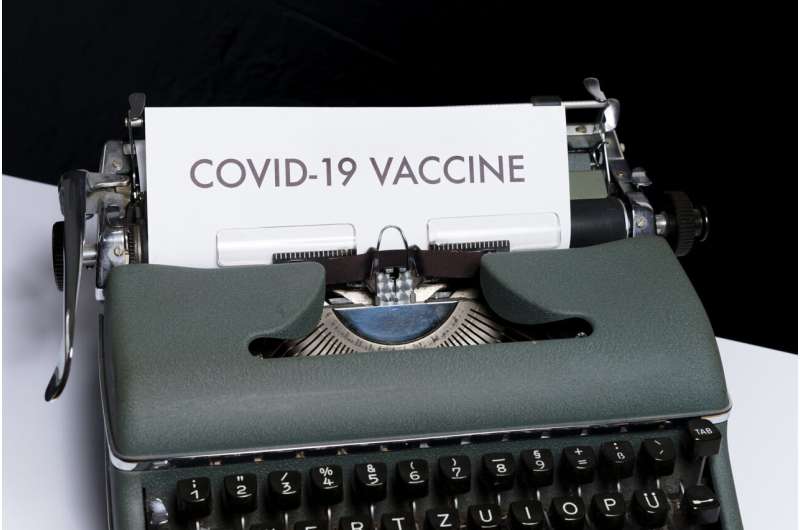Deliberate vaccine misinformation should be held to account—but better information is essential

Social media platforms and those spreading deliberate vaccine misinformation should be held accountable and potentially face criminal sanctions, says Professor Melinda Mills, Director of the Leverhulme Centre for Demographic Science at the University of Oxford. But concerned members of the public who unknowingly ‘retweet’ anti-vaxx messages should not be criminalized, says Professor Mills, concern and hesitancy must be tackled and public trust won.
Professor Mills writes in the BMJ today, “The deliberate intent to spread malicious vaccine disinformation, resulting in preventable deaths, should be considered criminal. If it is from people in positions of authority, regulatory bodies need to investigate and potentially suspend or bar those who intentionally spread harmful disinformation.”
Referring to messages circulating on social media, she adds, “We also need to decide if social media companies are publishers…This would make them accountable for the information they circulate, and its powerful effect on people’s lives.”
“But,” she adds. “Criminalisation is not the ‘silver bullet’ to tackling vaccine hesitancy and gaining public trust.”
In the BMJ, Professor Mills insists legislation could be useful in guiding social media companies to fact-check and gauge accuracy in terms of traceable scientific sources, but also stop echo chambers amplifying falsehoods. She warns, though, “It could result in risk aversion and too much censorship, curtailing freedom of expression or used to stifle criticism of the government. And many people also do not spread misinformation with malicious intent.”
And Professor Mills writes, “The public must be free to debate and ask legitimate questions, but we also have to work harder to fill the knowledge void and inoculate the public against disinformation.
“Official communication can be dull, passive and impenetrable and needs to outshine the anti-vaxx misinformation and happen where the people are.”
Source: Read Full Article
